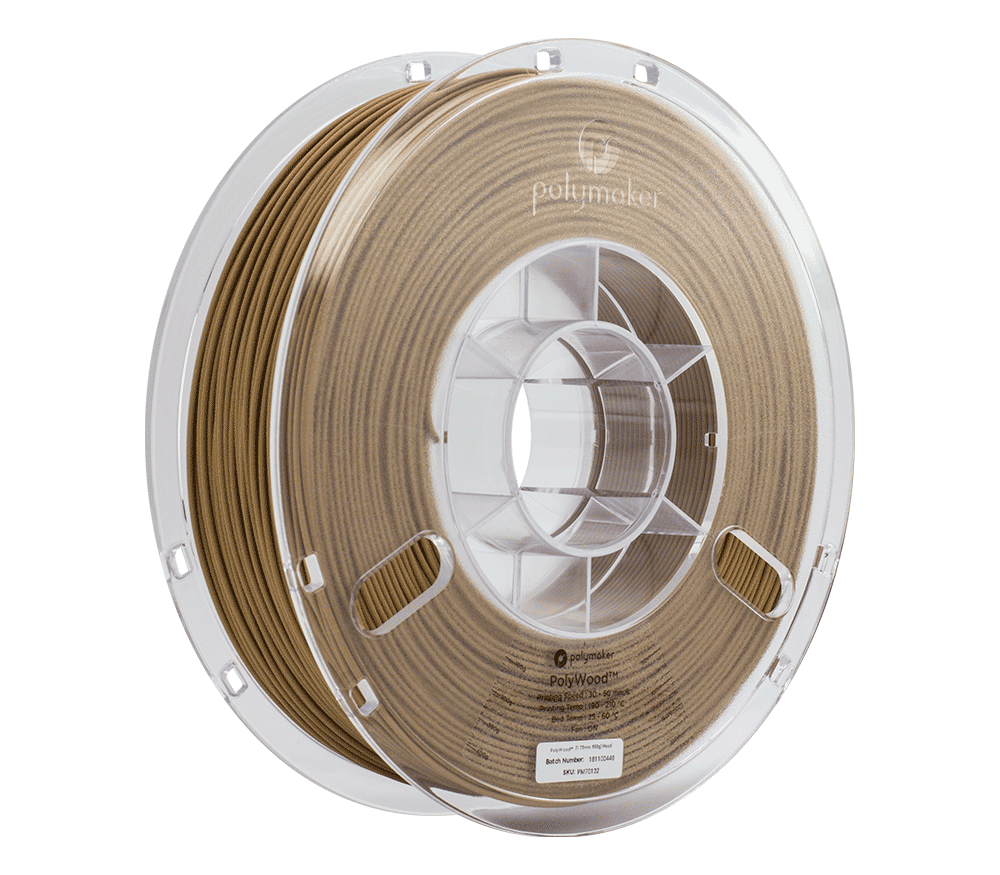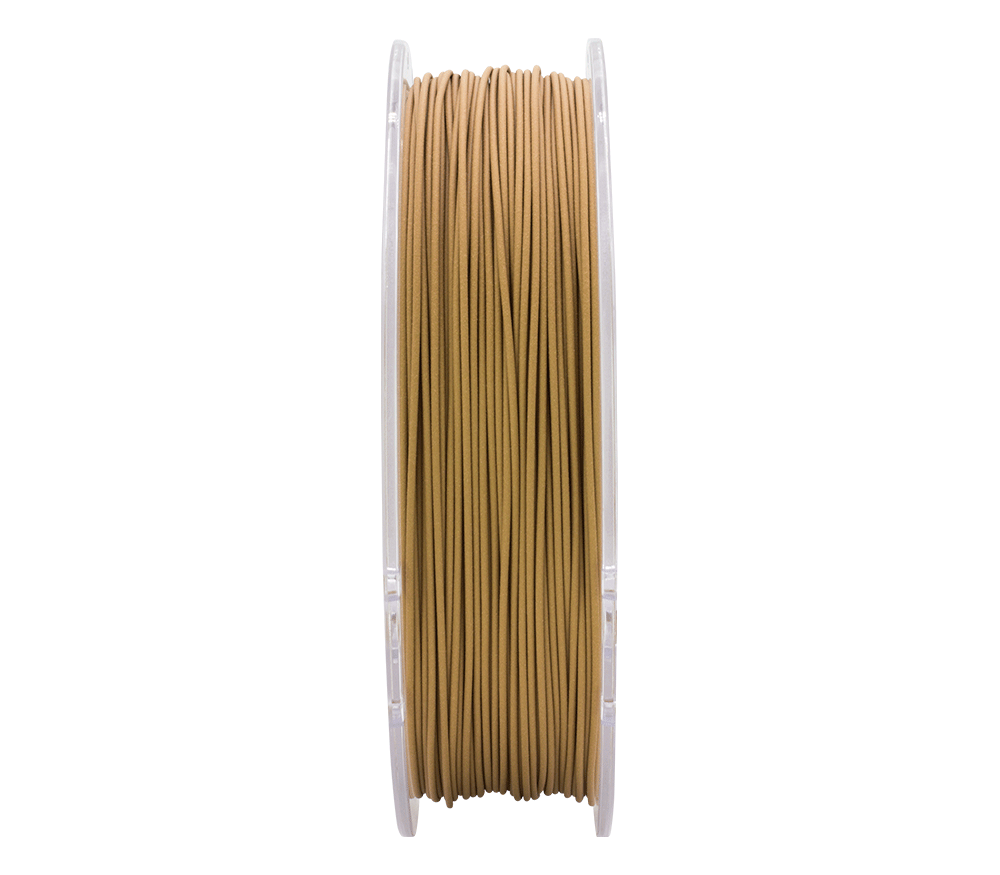Description
Deliveries within Australia
For shipping prices, please use the above estimated shipping costs. Shipping costs depend on your location, order size, and desired courier service and provider. Orders are dispatched within the same or 1-2 business day for in-stock products from local Brisbane Queensland warehouse depending on courier. Courier Please/Aramex rates are calculated only at checkout.
We highly suggest using AusPost Express for urgent deliveries or AusPost Standard for remote/rural areas. If you want us to manual quote freight for large complex order, please contact support for quote. As larger flat items and long product are shipped separately compared to general spares/filament to ensure those arrived safety.
Aramex, CourierPlease, and AusPost Tracked Letter are excluded from same-day dispatch and will be dispatched within 1-2 business days. See our full policy and expectation: https://store.dremc.com.au/policies/shipping-policy
Our domestic shipping rates start at:
- from $9+ AusPost Standard Post (typically 2-10+ business days*, tracked)
- from $10 + AusPost Express Post (typically 1 to 4+ business days*, tracked)
- from $9+ Aramex, Courier Please) (typically 1-7+ business day* within Metro SE QLD/NSW/VIC/ACT, 2-12+ business days interstate, tracked) (We don't recommended this service for WA/TAS)
- from $30+ DHL Express (1-4 Business Day Metro Only*) - Usually next day to metro business address on the east coast.
*Please note that we do not offer any transit time guarantees or compensation if the item arrives later than expected. The provided ETA reflects the courier's estimated transit time after the item has been picked up. Please also account for an additional 1-3 business days for rural or remote areas or potentially delay with delivery network.
Please use below as shipping time frame expectations for metro area. All order will be ready to be pick up by courier by next business day or same day for some some couriers, on rare occasional outside our control miss pickup by courier can occur, if that occurs item may be delay by 1-2 business day and we will make other arrangement to have item dispatch in a reasonable time frame.
https://auspost.com.au/service-updates/domestic-delivery-times
https://www.dhl.com/au-en/home/get-a-quote.html
https://www.aramex.com.au/media/2406/
|
Delivery Method |
QLD |
NSW/ACT |
SA/VIC |
NT/WA/TAS |
|
AusPost Express Parcel |
1-2 |
1-3 |
1-3 |
2-6 |
|
AusPost Standard Parcel |
1-3 |
1-5 |
3-7 |
3-10 |
|
DHL Express |
1-2 |
1-4 |
1-5 |
2-6 |
| Courier Please / Aramex | 1-7 | 2-7 | 3-7 | 10 - 15 |
Deliveries to NZ / World
All delivery to New Zealand / World is calculated based on selected service.
Please refer to AUSPOST Website for latest news and postage delivery time estimate to your area. https://auspost.com.au/service-updates/international-delivery-times
- Standard (Signature On Delivery & Extra Cover): 7-14+ Business Days to Metro Area
- Express (Signature On Delivery & Extra Cover): 5-10+ Business Days to Metro Area
- DHL: 1-5+ Business Days (Contact us for quote) For select region DHL pricing is available at checkout for general spares.
- Fedex/DHL are quoted at checkout, delivery time will depend on service and delivery location.
Please note that shipping rates/total order are not inclusive of any local taxes, duties or import fees when the shipment passes through customs in the country of delivery. You may require to pay additional tax or custom duty, we cannot adjust order value.
Payment & Security
Your payment information is processed securely. We do not store credit card details nor have access to your credit card information.















